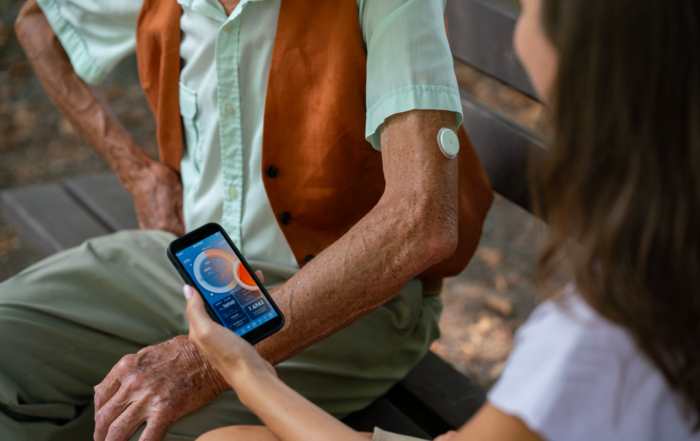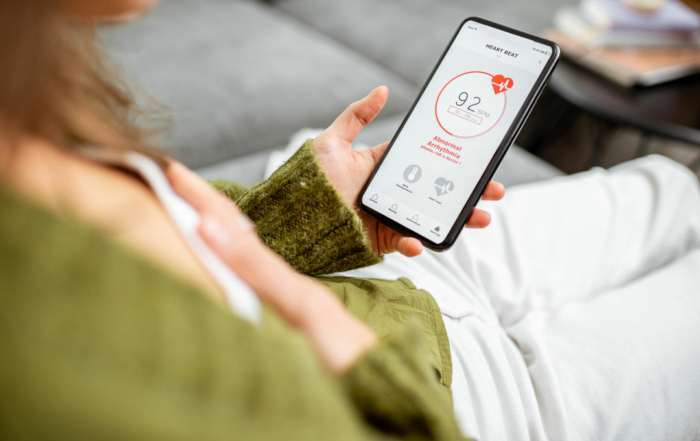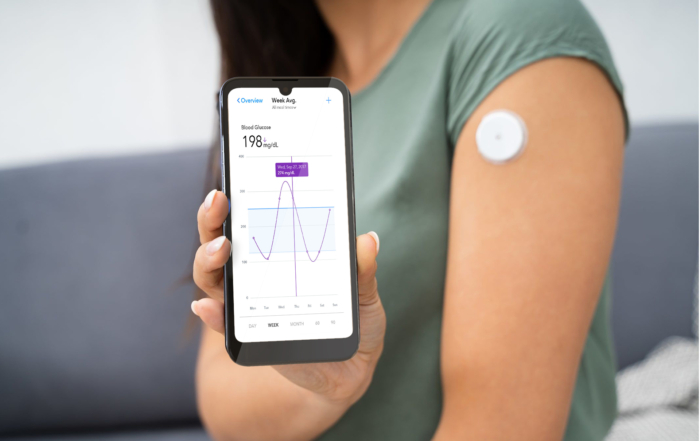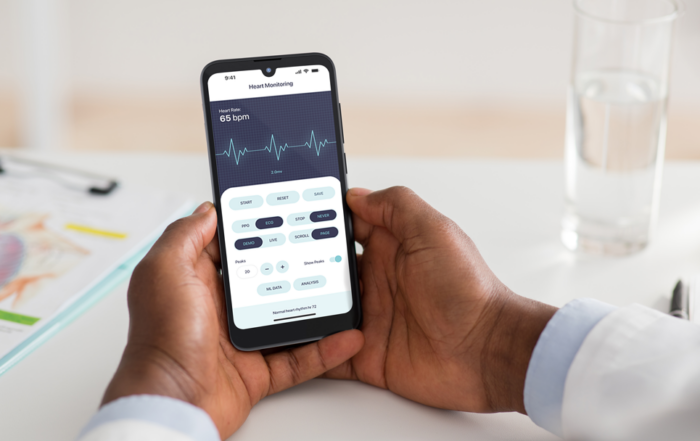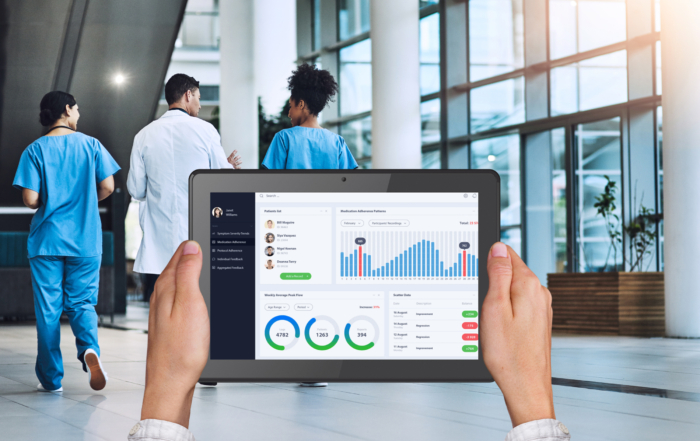Medical Device Gateway: Why Purpose-Built Devices Are the Best Fit

As the healthcare industry continues to evolve, the integration of connected medical devices is growing rapidly. According to Mordor Intelligence, the global market for connected medical devices is expected to reach $75.9 billion by 2026, driven by the increasing demand for remote patient monitoring, real-time health data, and enhanced patient care.
At the center of this shift are medical device gateways, where purpose-built devices can enable seamless data exchange between medical devices and healthcare IT systems. In this post, we explore the role of medical device gateways, why purpose-built devices are crucial, and how Social Mobile’s solutions fit into this space.
What Are Medical Device Gateways?
Medical device gateways are devices, often in the form of handhelds, smartphones, or tablets, that act as intermediaries between Internet of Medical Things (IoMT) devices and broader healthcare IT systems. Their primary role is to securely collect, process, and transmit patient data from various medical devices or sensors to clinical systems.
These gateways connect to medical devices like glucose monitors, cardiac rhythm monitors, or pulse oximeters, aggregating and transmitting data in real time. By doing so, they ensure that care teams have immediate access to accurate, up-to-date information, enabling faster decision-making and more proactive care.
Use Cases for Medical Device Gateways
Medical device gateways play a critical role in a wide range of healthcare applications. Here are some key use cases:
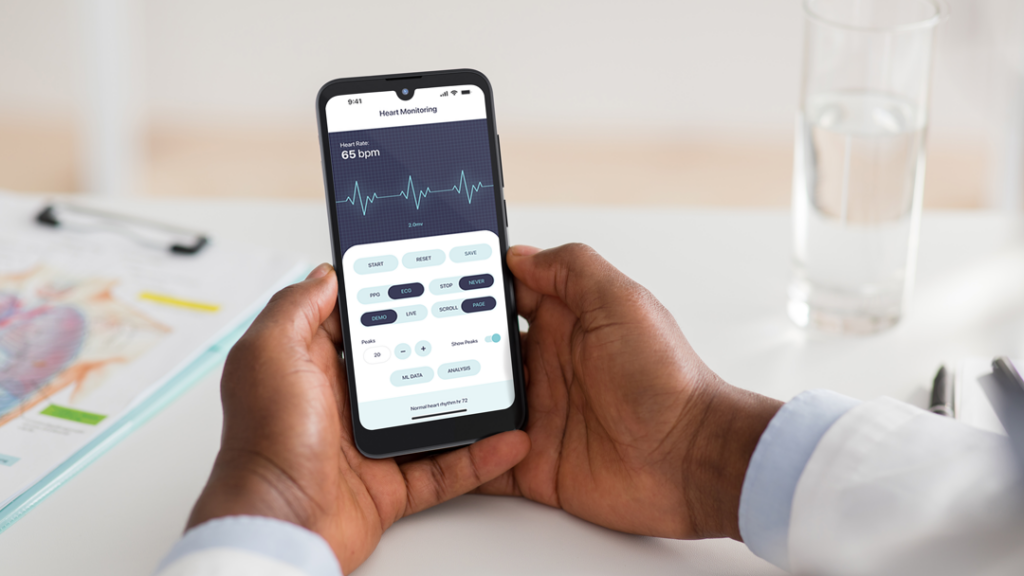
One of the most impactful use cases for medical device gateways is in cardiac rhythm monitoring. With heart disease being one of the leading causes of death globally, remote monitoring of heart rhythms can be lifesaving. Companion devices can serve as a gateway for cardiac sensors, enabling real-time heart data transmission to healthcare providers.
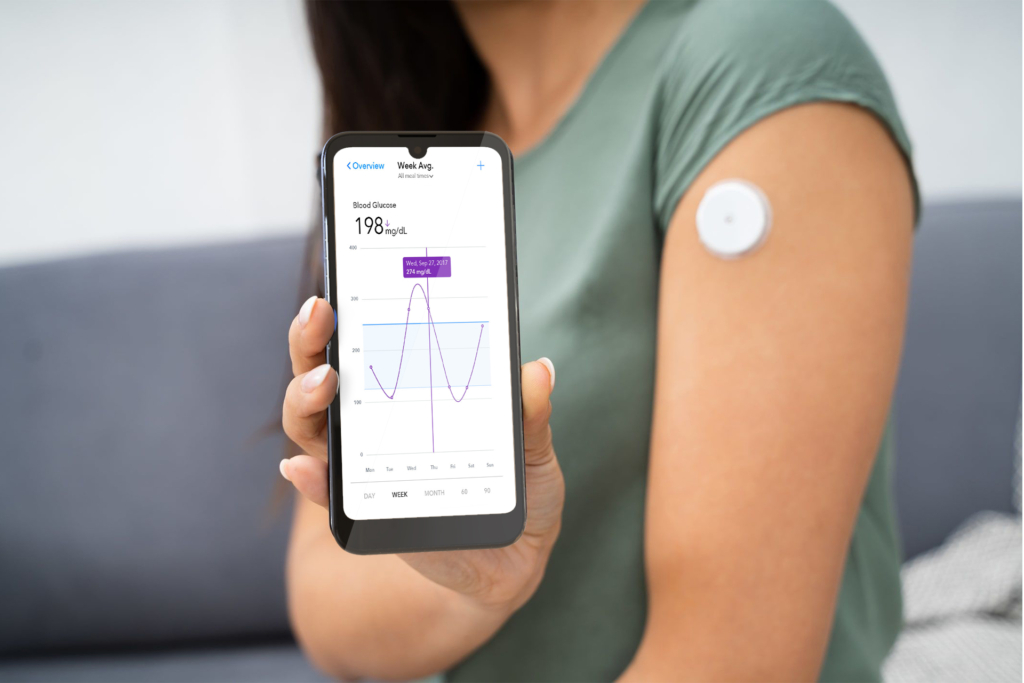
Another key use case is in diabetes management, where continuous glucose monitors (CGMs) relay real-time data to devices that can track fluctuations in a patient’s blood sugar levels. By using medical device gateways, patients’ glucose levels can be monitored in real-time, and appropriate action can be taken promptly, enhancing patient care and reducing emergency interventions.

From pulse oximeters to digital thermometers, gateways enable a wide range of devices to participate in home-based care programs—empowering providers to monitor chronic conditions, reduce hospital readmissions, and extend care to underserved communities.
Chronic Disease Management
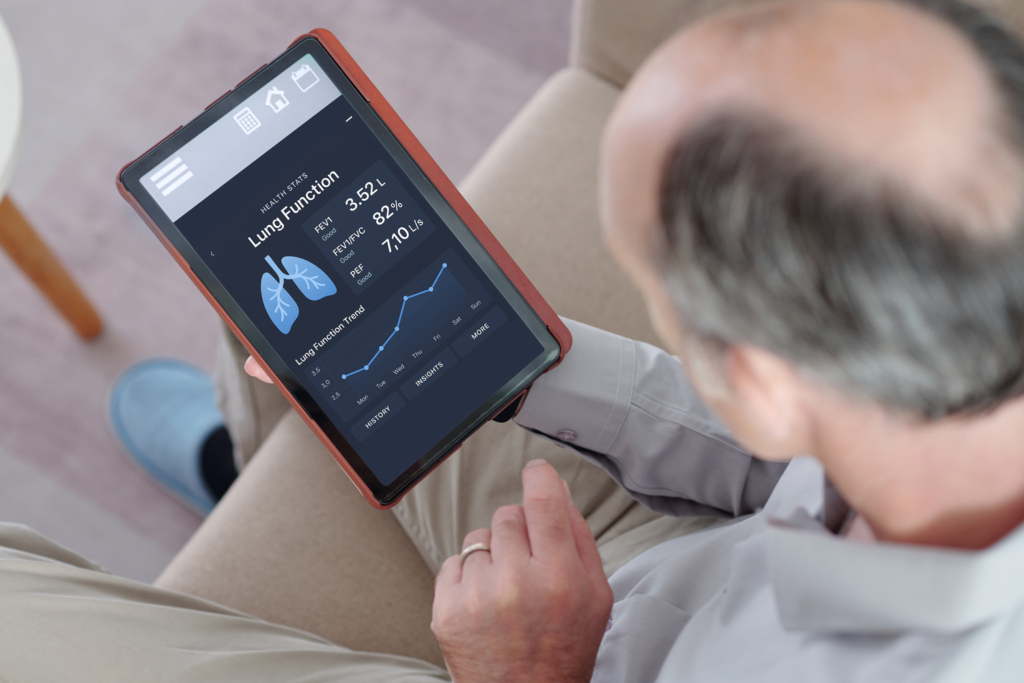
In managing chronic diseases such as COPD (chronic obstructive pulmonary disease) or hypertension, medical device gateways allow for continuous monitoring of critical health metrics like oxygen saturation levels, blood pressure, or lung function. This real-time data provides healthcare providers with a comprehensive view of a patient’s health status and facilitates early intervention if their condition worsens.
Post-Operative Care and Recovery
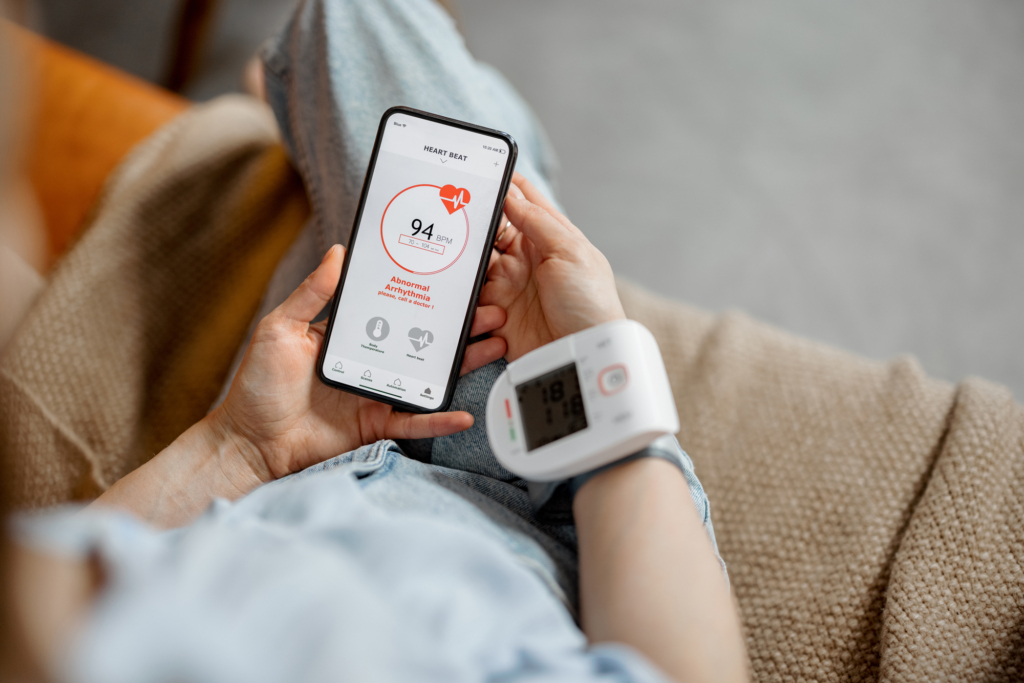
Following surgeries or medical procedures, patients require consistent monitoring to ensure their recovery is on track. Medical device gateways can be used to track vital signs such as heart rate, temperature, and respiration rate in postoperative patients.

Medical device gateways also play a crucial role in clinical trials by providing a means for continuous, real-time data collection from participants. In trials for new drugs, devices, or treatment methods, medical devices like wearable sensors can be connected through gateways to transmit data directly to the research team. This enhances the accuracy and timeliness of data collection, allows for remote monitoring of trial participants, and ensures compliance with regulatory standards
Why Purpose-Built Devices Are the Right Solution
Consumer-grade smartphones and tablets, despite their widespread use, pose significant limitations in clinical environments. They have short lifecycles and become obsolete quickly, lack essential enterprise security features, and often fail to meet HIPAA or FDA compliance requirements. They also typically don’t support enterprise needs such as mobile device management (MDM) or custom software integration.
In contrast, purpose-built healthcare devices solve these challenges by offering tailored hardware, specialized software, and enterprise-grade security. Here’s why they’re ideal for connected health:
Custom Hardware & Software for Integration
Unlike off-the-shelf consumer products, our solutions are custom designed for medical device integration. Whether you need a device to serve as a cardiac monitoring gateway, power a diabetes management app, or connect to a ventilator system—our engineering team works with you to meet exact clinical needs.
Built-in Security & Centralized Management
Our solutions are built with end-to-end security in mind:
- Encrypted data transmission
- Secure boot and OS-level protections
- Zero-touch enrollment for pre-configured, secure, and policy-enforced device setup
- Mobile device management (MDM) support
With remote fleet management, FOTA (firmware-over-the-air) updates, and compliance controls, your team can mitigate risks, maintain uptime, and remain compliant with HIPAA and FDA guidance. In fact, we recently discussed an FDA alert on unmanaged devices that highlighted the importance of secure, managed endpoints in connected health environments.
Guaranteed Availability & Scalability
Many health systems struggle to scale when consumer devices go end-of-life in under a year. Social Mobile offers guaranteed product availability for a minimum of 3 years, ensuring compatibility and eliminating the risks of hardware churn.
Our solutions are also engineered for rapid deployment and scalability, from pilot programs to nationwide rollouts across thousands of patients.
TAA Compliance & Certifications
Our devices meet TAA compliance requirements for use in federal health systems and are Android Enterprise Recommended, giving you peace of mind around quality, longevity, and support.
Learn more about TAA and supply chain visibility.
Build a Custom, Private Label IoT Medical Device Gateway
Purpose-built medical device gateways are powering the future of healthcare by bridging the gap between patients, providers, and real-time data. With Social Mobile, you get a trusted healthcare mobility partner that understands compliance, custom development, and the operational realities of healthcare.
Talk to our team today about how Social Mobile’s IoMT gateway solutions can support your connected care initiatives, reduce costs, and improve patient outcomes.
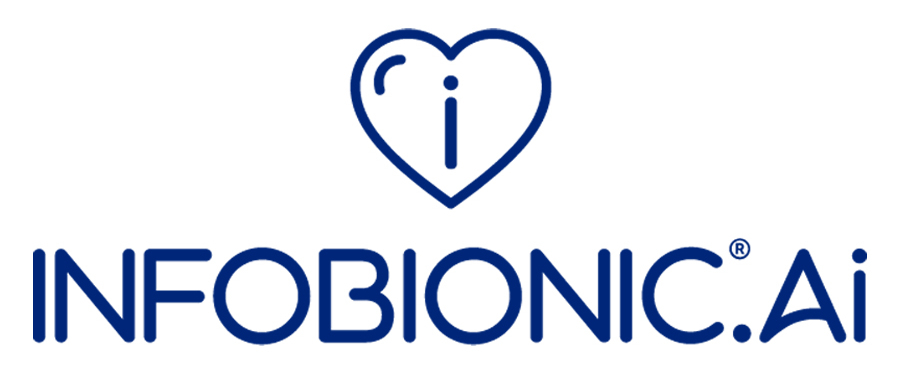
How Social Mobile Built the MoMe Gateway® Cardiac Monitoring Solution
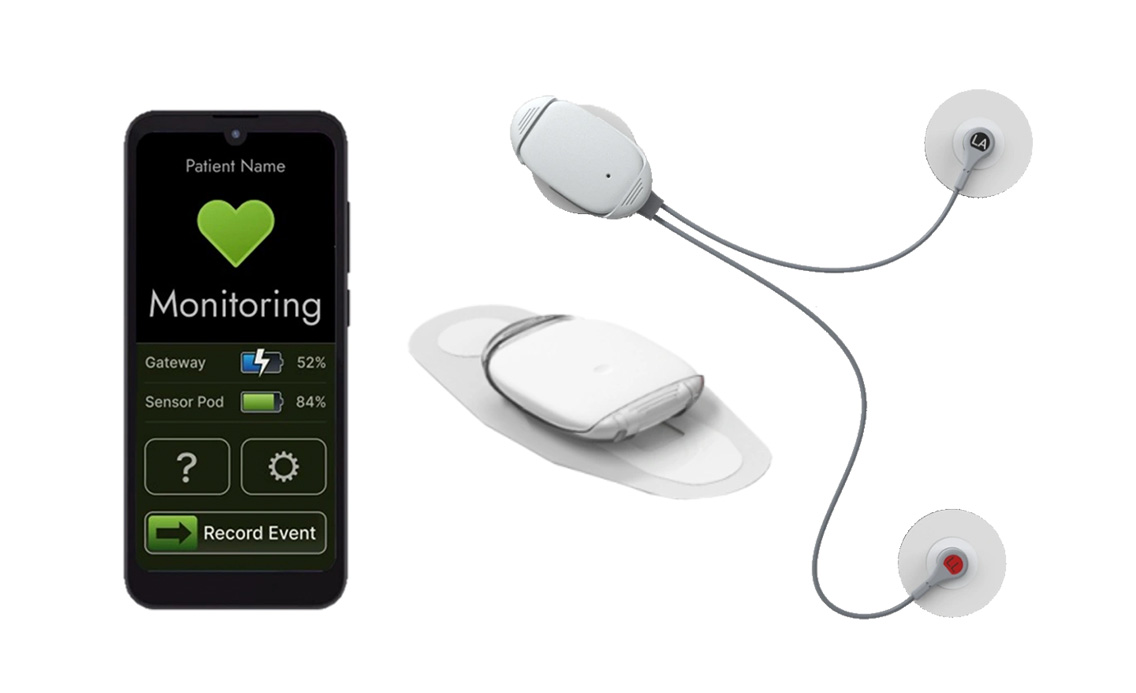
Social Mobile engineered and delivered a custom, enterprise-grade cardiac monitoring solution for InfoBionic, the MoMe Gateway®, a secure, Android-based device purpose-built to transmit real-time ECG data from the MoMe ARC® wearable. Designed, developed, and deployed in under 90 days, the solution features long-term product availability, eSIM support, and rugged protection, all managed through Android Enterprise.
GET A QUOTE.
Let’s start designing your custom enterprise mobility solution.


Ready to transform your healthcare mobility strategy?
Discover enterprise mobility solutions for healthcare providers and hospitals, ranging from medical-grade tablets, wearables, kiosks, handhelds, and more.
